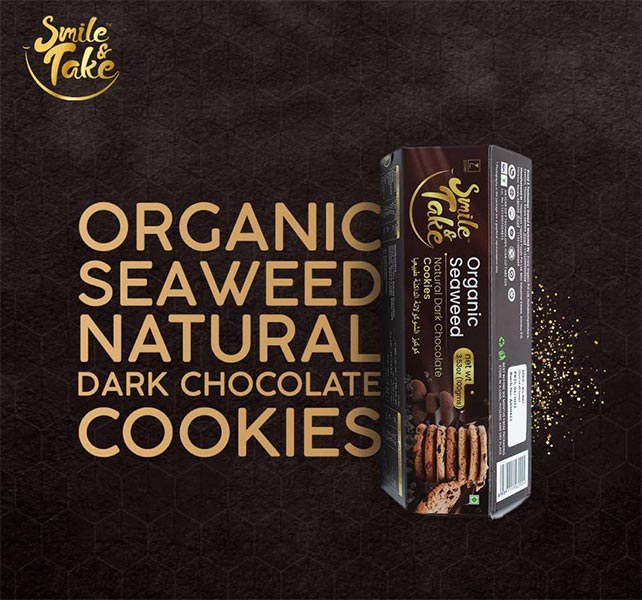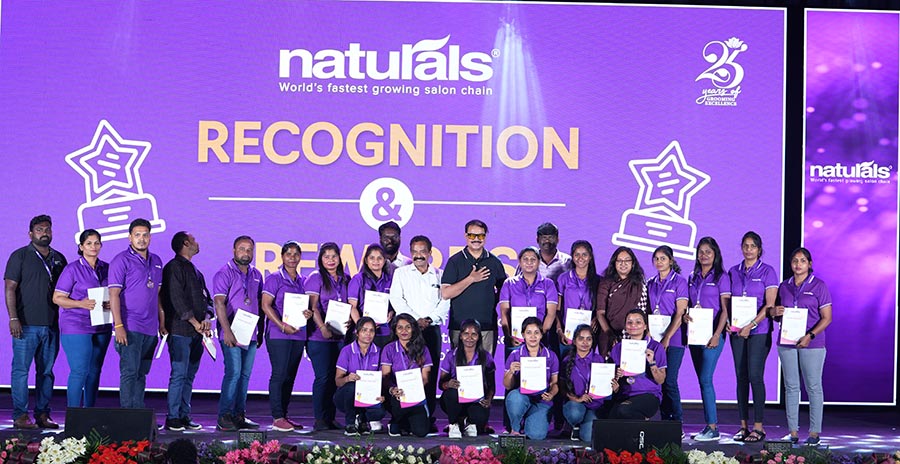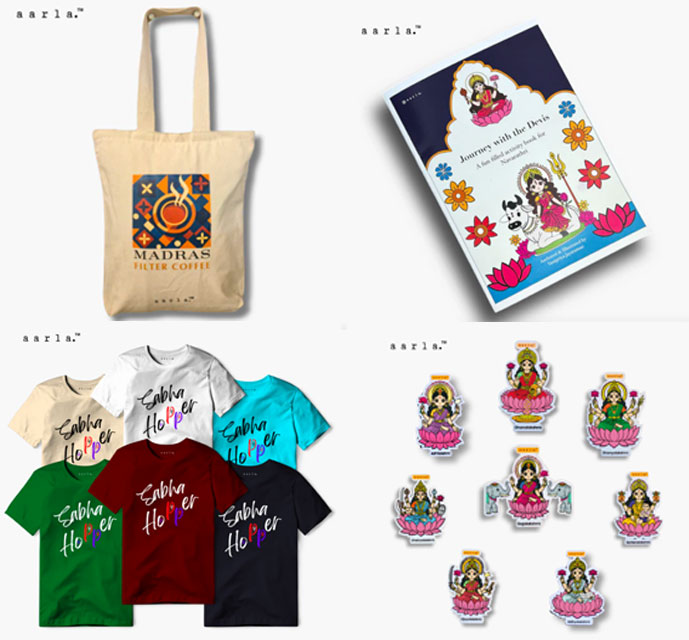

Ardor Biomed, founded by Vivekanand Kamaraj, is a Pollachi based company that uses mature coconut water to produce wound and skin care products. This waste to wealth enterprise has been duly recognized and awarded by none other than the Honorable President of India Droupadi Murmu.
People debate on the ubiquitous coconut being a fruit or a vegetable, or even a nut. But there’s no argument about its claim to fame: every part of the coconut tree offers benefits to humans. And who can testify to this better than the people who live and work among these skinny giants?
Vast groves reaching for the blue skies are characteristic of the Kongu belt. In that, Pollachi’s tender coconut water is famous not just in India, but abroad too. “Our family has been in this business for over forty years. We’ve been supplying coconut products and tender coconut water not just in Tamil Nadu, but overseas as well: from the Middle East to European countries,” says Vivekanand, founder of Ardor Biomed. “Back in the 1980s, many farmers made coconut products and also supplied raw materials like husk and coir to big companies like Marico. But my father was one of the pioneers of using cocopeat as a viable product,” he explains. Coco peat is the coarse powder that drops as husk is collected to make coir, which is used as stuffing in mattresses.
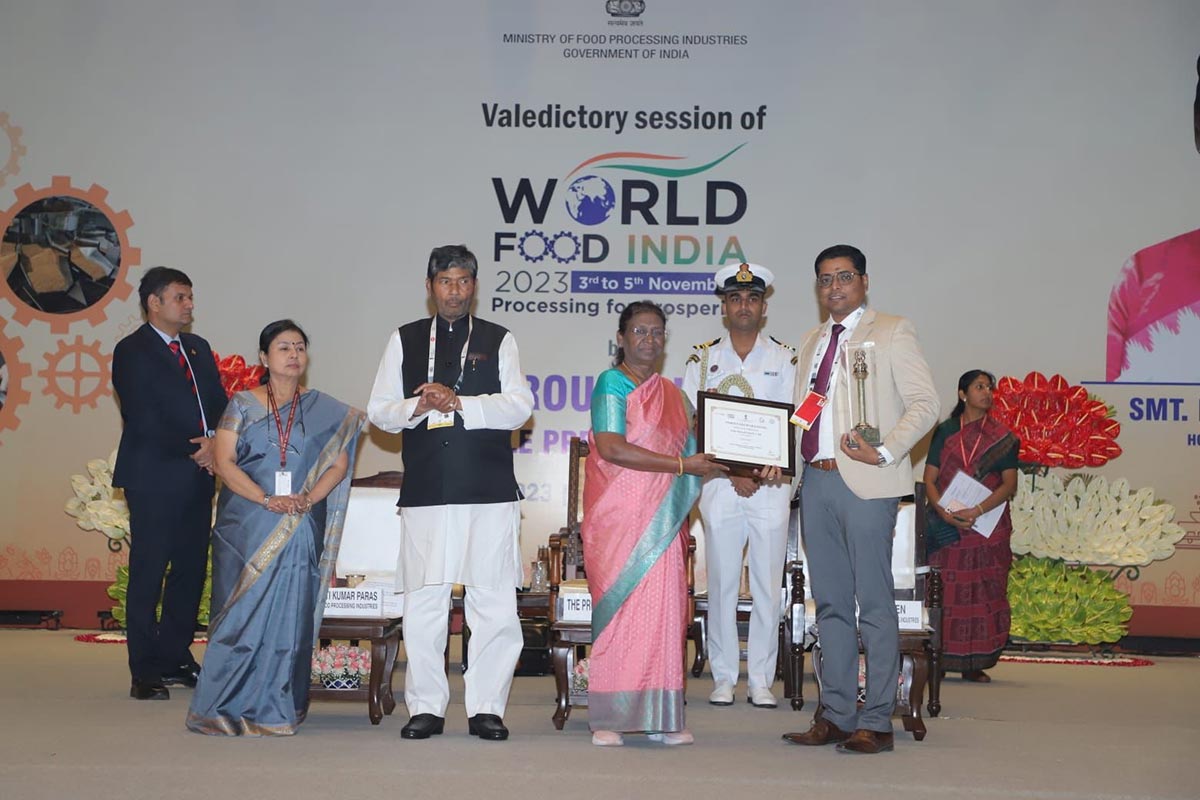 Vivekanand Kamaraj, the founder of Ardor Biomed receiving recognition from the President of India, Draupadi Murmu
Vivekanand Kamaraj, the founder of Ardor Biomed receiving recognition from the President of India, Draupadi Murmu
“He noticed that this powder couldn’t be discarded or burned easily and seemed quite resilient. However, it had the ability to absorb water up to eight times its weight! So, he spoke to people in the industry and came up with the idea of compacting coco peat and making 5 kilo blocks that could be shipped or sold easily.” Today many places in Europe and America use this as a growing medium. Cocopeat sells for Rs. 50 per kg, compared to coconut fiber, which sells for Rs. 23. An interesting case study of waste to wealth.
“There are over 150 products that are currently being made from different parts of the coconut tree. My father’s business includes a number of these products: from tender coconut water to coconut leaf straws, coconut shell ice cream cups, to name a few,” says Vivekanand proudly. With a background as focused as this, one would’ve expected Vivekanand to follow his father’s footsteps. Instead, he chose a completely different path.
Vivekanand did his Master’s in Organogenesis in the University of Southern California in Los Angeles. His research was in the field of developing artificial organs in vitro, after which he worked for a few years in the US. However, home shores beckoned, and he decided to go back. He joined his father’s business and travelled around the world to promote the products and find new markets. Around 2017, Vivekanand started his own company, to make medical implants for patients. With his background as an engineer and experience in the biomedical field, Vivekanand and his team made customized cranial and maxillofacial orthopedic implants based on patient requirement, rather than one-size-fits-all products. “This was a new path completely. No one else in my family was in the medical field,” he says. “Unfortunately, with the lockdown thanks to COVID, I had to scale back. I had no means to meet doctors or patients, and that’s what my entire idea was based on: individual patient requirements,” he says somberly. The company still makes implants on a need basis for patients in select areas.

Post-COVID, Vivekanand continued his work-related travels. And then, serendipity. While attending a large medical expo in Germany, he walked into a demonstration and sat down to rest his tired legs. The company was making a presentation on bio-cellulose and its benefits. It didn’t mean much to him at that point. But later, when he met up with another company that was developing bio-cellulose with a tie up with an Asian company for mature coconut water, the penny dropped.
“That’s when I started doing my research on how mature coconut water could be used for wound dressing. It’s always been at the back of my mind: because you see, the only unused/ wasted part of the entire coconut tree is mature coconut water. The green or tender coconuts are consumed for their delicious water. But once the coconuts mature, the kernel grows, and water reduces. Farmers break the coconuts and throw the water away or just let it spill as they crack open the fruit. It’s perishable and ferments within a few hours. The spilt water pools around the workplace, which is also where the labourers live. This breeds mosquitoes and gives a foul smell; it is basically a health hazard,” explains Vivekanand.
This mature coconut water, however, is very rich in nutrients, and when the water is fermented, it produces bio-cellulose, which is valuable in healing and sealing wounds. “I formed a team to develop this idea, and my background with medical products helped.” Vivekanand approached PSG College of Technology in Coimbatore, which was associated with the non-profit BIRAC (Biotechnology Industry Research Assistance Council). In 2020, Ardor Biomed was incubated at BioNEST (BIRAC’s bio incubation facility).
“We had all the required equipment to begin our research, and I worked as the Chief Scientific Officer, leading a small team,” recalls Vivekanand. They worked on their own steam and funds for the first six months. Once they submitted proof of concept, they were able to apply and receive Rs. 50 lakhs from BIRAC’s SPIC grants. The journey continued for another three years as they developed their product and finally were able to launch it.
 Soothing Massage Oil
Soothing Massage Oil
Ardor Biomed products are now commercially available. The range includes ‘cosmeseuticals’ such as moisturizers, sanitizers, bath soaps, hair creams, deodorants, and baby massage oils. Their flagship brands are Bio-Cellulose Gel Spray and Bio-Cellulose Wound Dressing. Besides these, they also manufacture ‘nutraceuticals’ which include edible jellies and supplements. Vivekanand explains that all their products are made from the bio-cellulose extracted from mature coconut water. “It’s a waste to value proposition, as we use what was until now considered agro waste, at least in the Coimbatore region. We approximated that about 20 crore liters goes to waste in Tamil Nadu alone. That’s by calculating about 60 ml of water per coconut after the kernel is removed. This water is high in oil content, so most people do not prefer the taste. Once the kernel is extracted, the water is thrown away.”
Ardor Biomed currently taps the Kongu region for their raw material. The team sets up a supply chain with cottage level farmers. These farmers sell copra to oil mills like Marico, which is the largest coconut oil producer in India.
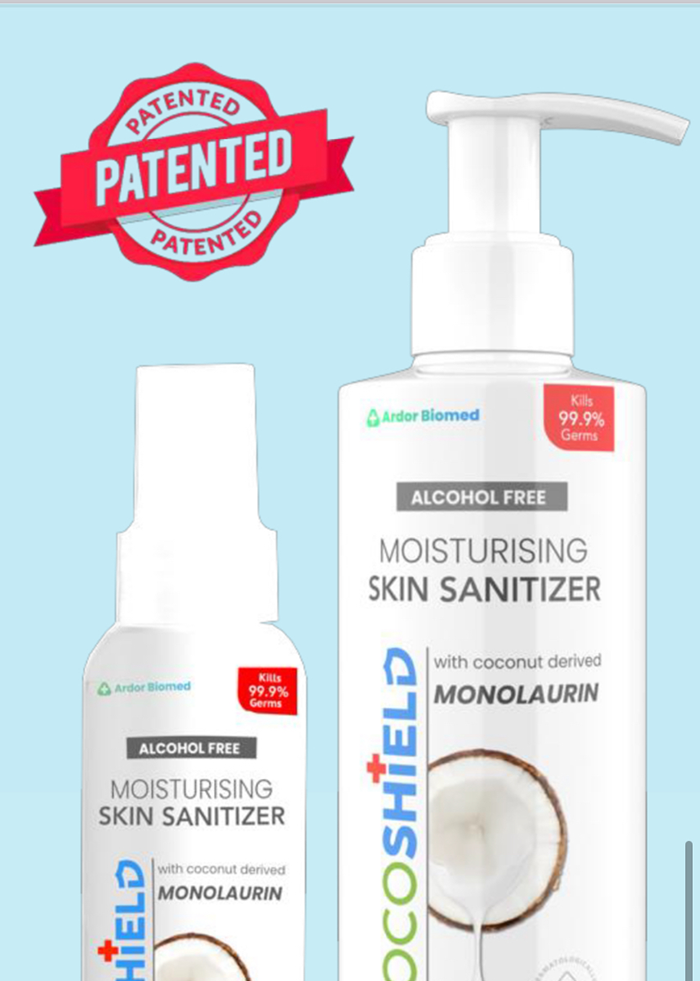 Moisturising Skin Sanitizer
Moisturising Skin Sanitizer
A chilling unit and a collection unit is installed at each of the farms. As the labourers break open each coconut, the water goes down a track. Once collected, the water is immediately sent to a chilling unit and then goes to a collection unit which is a common facility. There it is pasteurized and made suitable for being processed in the lab. The water is then fermented, and bio-cellulose is collected for the manufacturing units.
“We have set up seating arrangements for the labourers and chilling and collection units at each of these farms. There is resistance at first, because farmers inherently distrust change. But once they see that just a little effort adds to their income, they cooperate. This is a high value product: we purchase the water for Rs. 7 per liter and we convert it to Rs. 200 per liter with our products. The Government of India recognized our efforts of waste to wealth, and we were awarded a cash prize by our President Murmu in 2023,” says Vivekanand proudly.
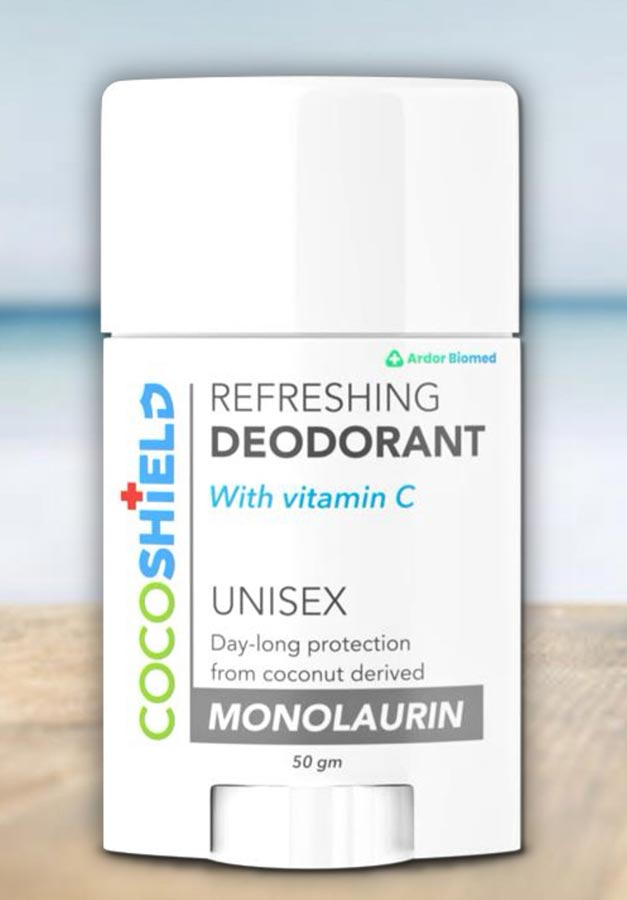 CocoShield Refreshing Deodorent
CocoShield Refreshing Deodorent
The company has no time to rest on its laurels. It is now exploring some fascinating opportunities. “Our basic product is bio-cellulose. We’re looking at various products we can manufacture with that as the base. We are, in fact, talking to CLRI (Central Leather Research Institute) to make vegan leather. There are companies in India that make leather out of plants like tomato and pineapple, which apparently is much stronger than animal leather! Of course, it is not a simple or straightforward method: some additives and colors make up for the final product. But that will be a great value addition to our product line.”
Ardo Biomed has also developed a water based alcohol-free sanitizer containing monolaurin, which has moisturizing and sanitizing properties. These are being currently used in hospitals, where the doctors prefer these to the conventional ones. Their target audience is primarily tier 2 and 3 cities and towns, where Vivekanand aims to deliver world class quality that is affordable. After all, isn’t that what the humble coconut tree is all about?
 Bio-Cellulose derived from mature coconut water
Bio-Cellulose derived from mature coconut water
For more information about the full range of Ardor Biomed products, do visit: http://www.ardorbiomed.com/
When this story reaches 1000 views we will cover an exclusive of this business.

